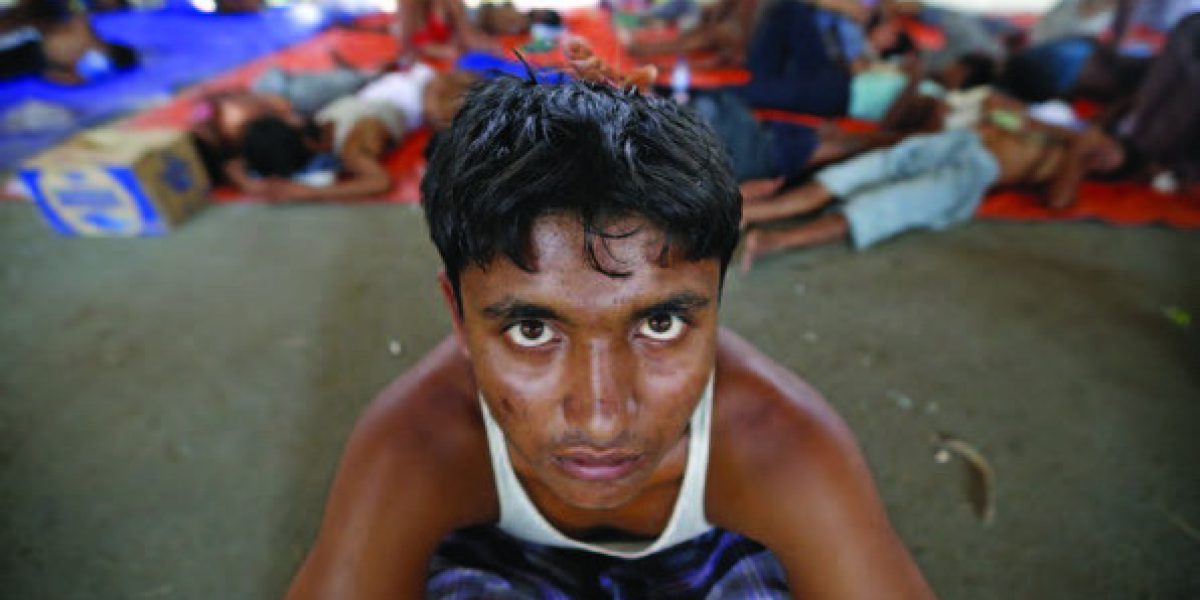Australia: Any door will do when you’re in danger
12 June 2012|Fr Aloysious Mowe SJ, Director Jesuit Refugee Service Australia

Following the decisions by Indonesia and Malaysia to provide temporary refuge for 7,000 Rohingya and Bangladeshi forced migrants pending “resettlement and repatriation” by the international community, Prime Minister Tony Abbott’s response to the question of resettlement of some of these people in Australia was “nope, nope, nope.”
He categorized the stateless and persecuted Rohingya trying to find safety as people trying to get to Australia by “the back door.” Letting them in, he said, would only be “encouragement.”
“If you want a new life, you come through the front door,” said Mr Abbott.
He and other politicians on both sides of Australia’s political spectrum frequently and consistently show a willful ignorance about the reality of refugee situations.
Refugees such as the Rohingya flee from persecution and look for safety where they can, using whatever methods work for them.
The Burmese nationality law does not recognise Rohingyas as one of the 135 legally recognised ethnic groups of Myanmar, thus denying citizenship to the majority of these people.
For those with no access to identity papers, which is the case for most Rohingya, there is no “front door.” They cannot get to another country by plane or through land borders, because they do not have passports.
The sea route, which Mr Abbott regards as a “back door”, and the often dangerous choice to rely on smugglers, are the only ways for many to seek refuge.
Any door will do when your life is in grave danger.
Australia’s refusal to grant protection to anyone trying to arrive by boat is a violation of its obligations under the UN refugee convention.
This country’s doors are firmly shut and bolted, yet unfortunately many vulnerable people cannot find protection anywhere else in the region because of the paucity of Refugee Convention signatories in the AsiaPacific region.
If there is going to be a change in the way politicians address these issues, the hearts of ordinary Australians also have to be opened.
Too many of us cling to the security and prosperity of our very comfortable lives, anxious that the appeals of the poor and vulnerable of the world will somehow jeopardize our own well-being.
From the perspective of the Catholic Social Teaching, the real and authentic quality of our lives is to be measured not only by our security and prosperity, but by the extent to which we live in solidarity with those who have the least.


